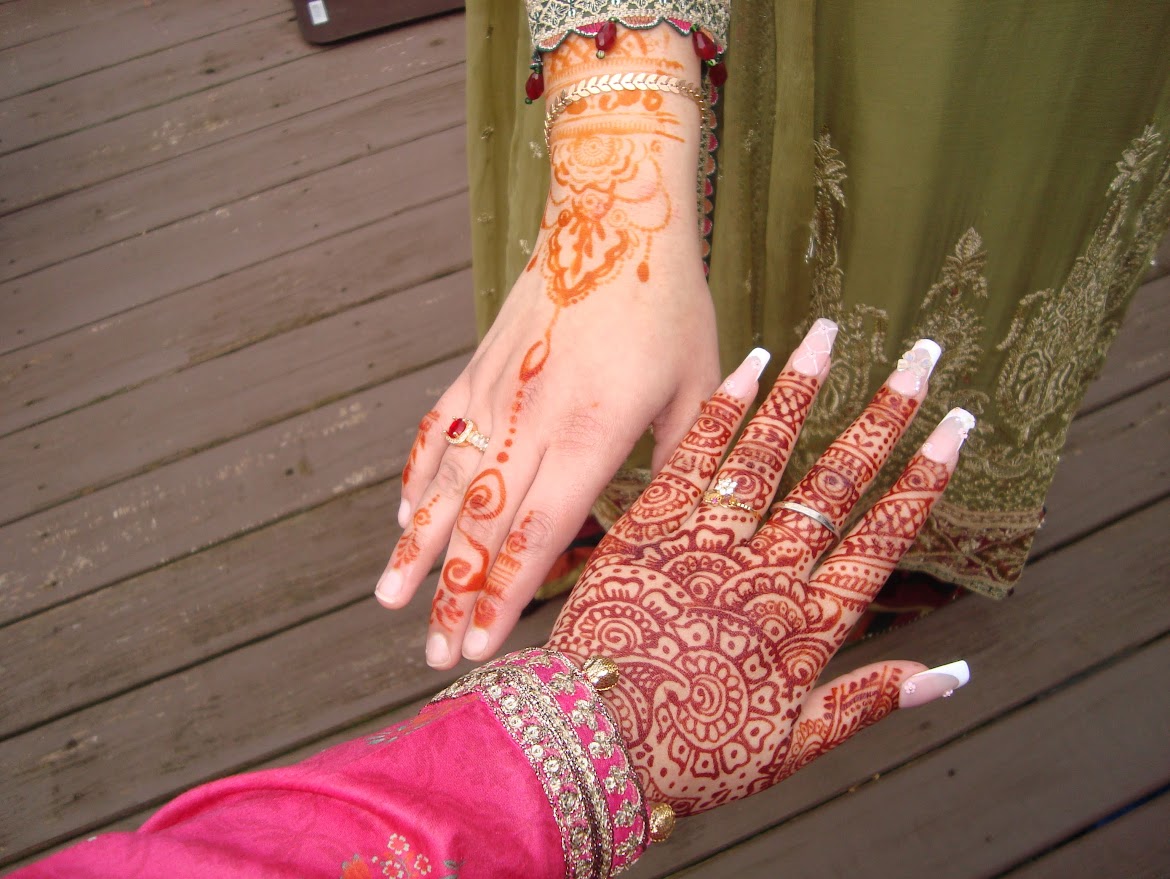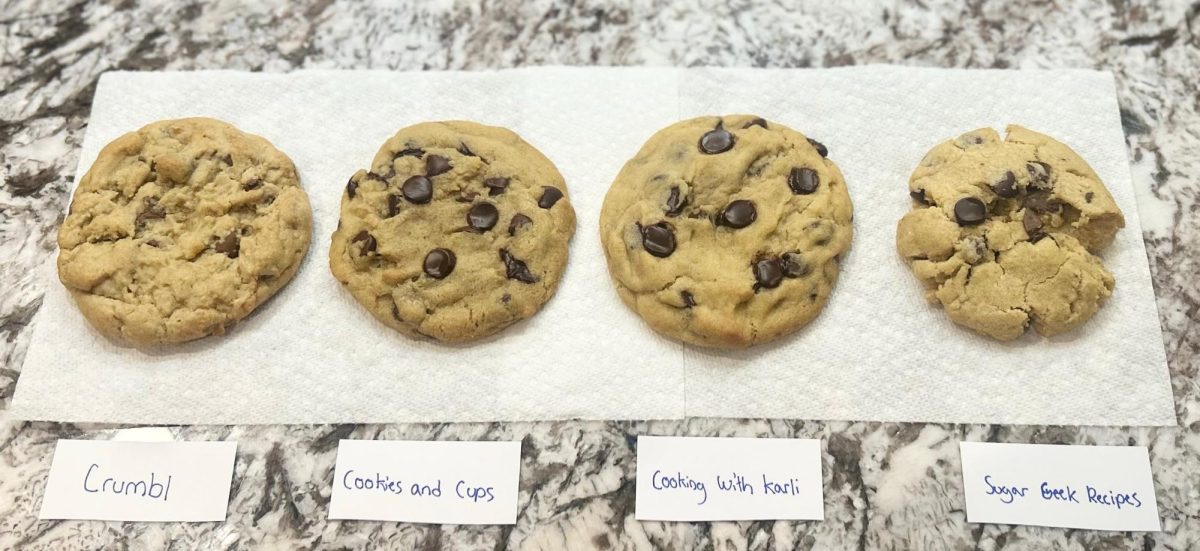In my family, Eid-al-Fitr is not only about the end of Ramadan but also a day of faith, joy, and togetherness, a day full of cherished traditions.
The days leading up to Eid are always super busy in my house. We clean the house from top to bottom and cook a variety of foods, both sweet and savory. The real excitement begins when we wait to see the new crescent moon (hilal) to find out when Eid officially begins.
On the day of Eid, my family gets dressed in new traditional clothes and heads to the Amber Room for the Eid prayer. It is always packed with people from different backgrounds who share the same excitement. After the prayer, we stop by the cemetery to visit and pray for our loved ones who are no longer with us.
Once we return home, the real celebration begins. My extended family comes over for brunch, including my aunts, uncles, cousins, and even close family friends. Later in the day, we visited one of my grandma’s friends and spent a few hours just talking and catching up.
Then, we head back home for one of the best traditions we have: our Eid gift exchange. It’s similar to Secret Santa but for Eid. My cousins and I plan it in advance using an app called Elfster, which randomly assigns who buys for whom. We each create a wishlist and then surprise each other with gifts. This year, one of my cousins wrapped my gift in layers of tape and put it inside a prank box that required me to unscrew a bunch of tiny screws to open it. What ended up being the gift was a cute necklace with a small leaf on it.
Toward the end of the day, the elders in our family begin handing out money, or Eidi, to all kids, teenagers, and even most of the adults. It’s something we all secretly look forward to. Finally, the day ends with a big family feast, with each dish made by a different family member.
Overall, the entire day is filled with family, friends, and fun. It’s probably one of my favorite days of the year.
What is Eid-al-Fitr?
Eid-al-Fitr is one of the most important holidays in Islam. It marks the end of Ramadan, a month dedicated to fasting, praying, and self-reflection. During Ramadan, Muslims fast from sunrise to sunset to grow closer to Allah (God), practice self-control, and think about those who are less fortunate.
Once Ramadan ends, Eid-al-Fitr follows a day of celebration and gratitude, for the strength to complete the fast and for the blessings we have in life.
Before the Eid prayer, Muslims give a special charity called Zakat-al-Fitr, which helps those in need join in the celebration as well.
On the morning of Eidm, people wear their nicest clothes, often new or freshly cleaned, and attend the mosque for the Eid prayer. Afterward, families gather for large meals, visit loved ones, and enjoy the day together. One of the most beloved traditions, especially for kids, is receiving Eidi, when elders gift money to younger relatives. It adds an extra layer of joy and excitement to the day.
More importantly, Eid-al-Fitr is deeply rooted to Islamic teaching. The Quran highlights the importance of completing the fasts and showing gratitude to Allah. In Surah Al-Baqarah (2:185), it says, “He wants you to complete the prescribed period and to glorify Him for having guided you, so that you may be thankful.” Eid is a time to reflect on that guidance, celebrate spiritual growth, and strengthen the bond between people and Allah.























